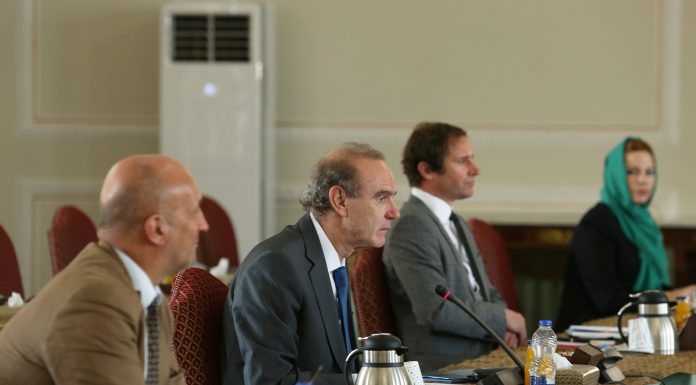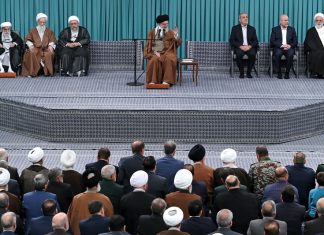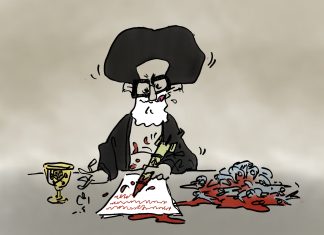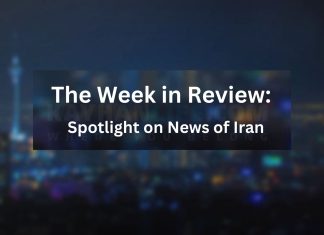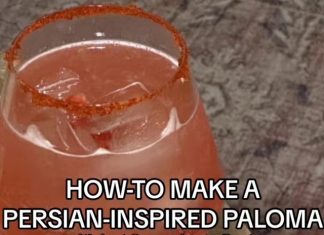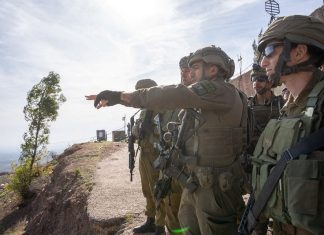By Jan Strupczewski and John Irish
BRUSSELS/PARIS, Oct 15 (Reuters) – Iran is not ready to return to talks with world powers over its nuclear programme yet and its new negotiating team wants to first meet with the EU in Brussels in the next few weeks, a senior EU official said on Friday.
EU political director Enrique Mora, the chief coordinator for the talks, was in Tehran on Thursday to meet members of Iran‘s nuclear negotiating team, four months after discussions broke off between Iran and world powers.
Iranian President Ebrahim Raisi has so far refused to resume indirect talks with the United States in Vienna on both sides returning to compliance with the deal, under which Iran curbed its nuclear program in return for economic sanctions relief.
Diplomats from France, Britain and Germany, who are party to the accord along with China and Russia, said ahead of Mora’s visit that it came at a critical time and things could not be deemed “business as usual” given escalating Iranian nuclear activities and the stalling of negotiations.
The United States said time was running short. “They are not yet ready for engaging in Vienna,” the official told reporters on condition of anonymity, adding he believed Tehran was “absolutely decided to go back to Vienna and to end the negotiations.”
Describing a meeting in Brussels as a “good idea”, the official said it would give both sides the opportunity to go through the texts on the table from June and clarify questions that Iran‘s new negotiating team may have.
However EU foreign policy chief Josep Borrell told reporters in Washington he did not see it as absolutely necessary to meet in Brussels, that Tehran’s new government had had enough time to prepare for talks in Vienna but that he had to be somewhat “patient on this issue, because we cannot afford to fail”.
Borrell said Iran wanted to speak to the EU as well as to other nations that are parties to the nuclear deal, but said he did not know which ones nor when the Brussels talks would occur. Iran has repeatedly said it will return to the Vienna talks “soon”, but it has not said when. Western diplomats had hoped the Vienna talks might resume before the end of October.
After Mora’s visit, Iran‘s foreign ministry said it would hold talks in the coming days with the EU in Brussels.
Mikhail Ulyanov, Russia’s ambassador to the U.N. nuclear watchdog who tracks the nuclear talks for Moscow, suggested that Iran would be better served returning to Vienna.
“Isn’t it more prudent to discuss the texts with participants in the #ViennaTalks?,” he wrote on Twitter.
France’s foreign ministry spokeswoman Anne-Claire Legendre said negotiations should resume immediately on the basis of where they left off in June to reach a deal quickly.
Western diplomats are concerned Tehran’s new negotiators – under a president known as an anti-Western hardliner, unlike his pragmatist predecessor – may make new demands beyond the scope of what was already agreed. Since then-U.S. President Donald Trump ditched the deal in 2018 and reimposed sanctions on Iran, Tehran has rebuilt its stock of enriched uranium, refined it to higher levels of purity and installed advanced centrifuges to speed up the process.
Uranium enrichment is one way to obtain fissile material for a nuclear bomb, an ambition Iran denies.
(Reporting by Phillip Blenkinsop in Brussels; Writing by John Irish; Additional reporting by Arshad Mohammed, Humeyra Pamuk and Simon Lewis in Washington; Editing by Hugh Lawson and Giles Elgood)

